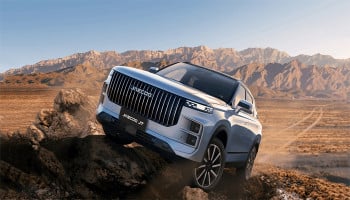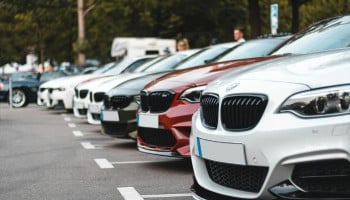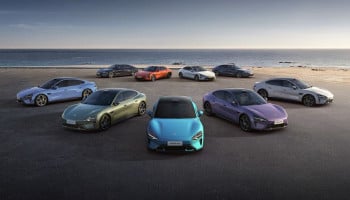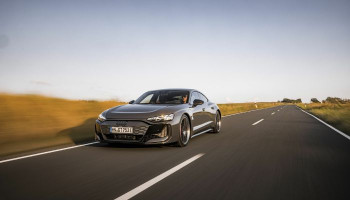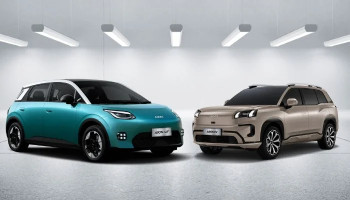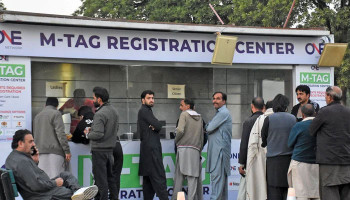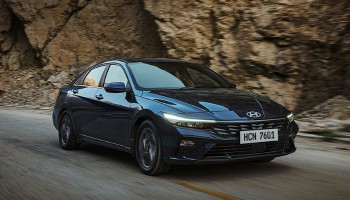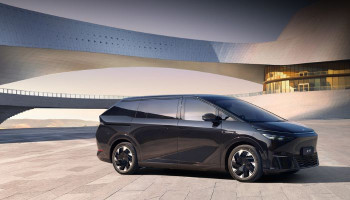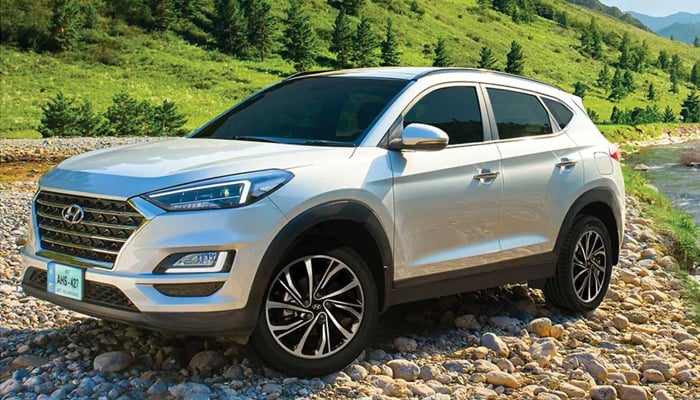
Hyundai, a South Korean automotive manufacturer, has announced Features-on-Demand (FODs), which is marketing speak for pay-to-use features.
The automotive company was established in Europe last month and combines the Mocean automobile subscription and Bluelink-linked services programmes.
However, the South Korean firm does not specify which functions may be restricted but claims FODs would also help older vehicles.
Marcus Welz, Managing Director of Hyundai Connected Mobility said that it will be able to upgrade existing vehicles with new features: "What you've often seen in the business is an old use case, such as heated chairs. This was communicated to the client using new technology, such as software upgrades. However, I believe the value of feature-on-demand is the opposite: introducing new functions into older vehicles."
Read more: Rivian adopts Android Automotive OS for its software experience
Welz was talking about releasing software upgrades to increase the performance of existing hardware. For example, an earlier Hyundai EV might be made more efficient by modifying the electric motors and battery pack.
Similarly, changing the sensors might lead to increased safety. Of course, these upgrades would be costly.
BMW has faced widespread criticism for putting heated seats behind a paywall. Mercedes, to a lesser extent, has used a more sophisticated rear-wheel steering arrangement.
In addition, Audi also provides dual-zone temperature control. Some automobiles with the Four Rings require an additional charge for high-beam assist and adaptive cruise control.
Stellantis predicts that subscriptions and on-demand content will become a significant income source. The automotive giant, which owns 14 brands, expects to generate an additional $4.3 billion each year by 2026.
The value is anticipated to reach $21.5 billion by 2030 with "software-enabled product offerings." However, not all automakers are joining the in-car subscription/on-demand services bandwagon. Renault's low-cost brand Dacia parodied BMW and its now-defunct heated seat subscription by providing hot water bottles to passengers test driving cars.
The Romanian brand also opposes requiring consumers to purchase modern driver-aid systems. However, the European Union is making an increasing number of these technologies essential.







